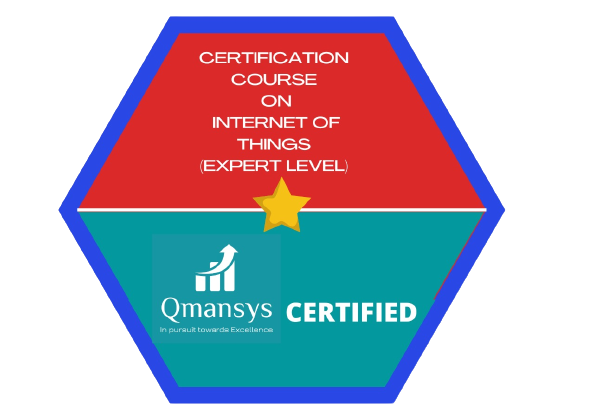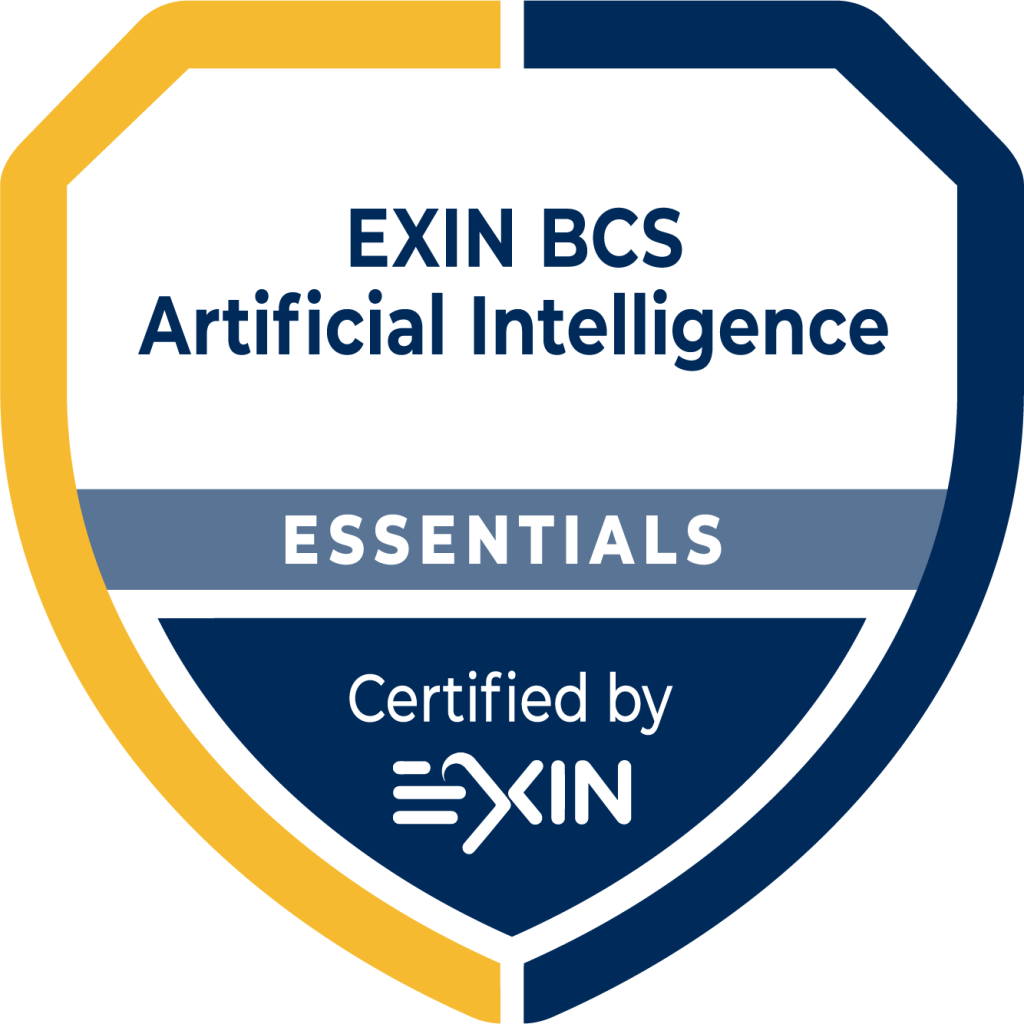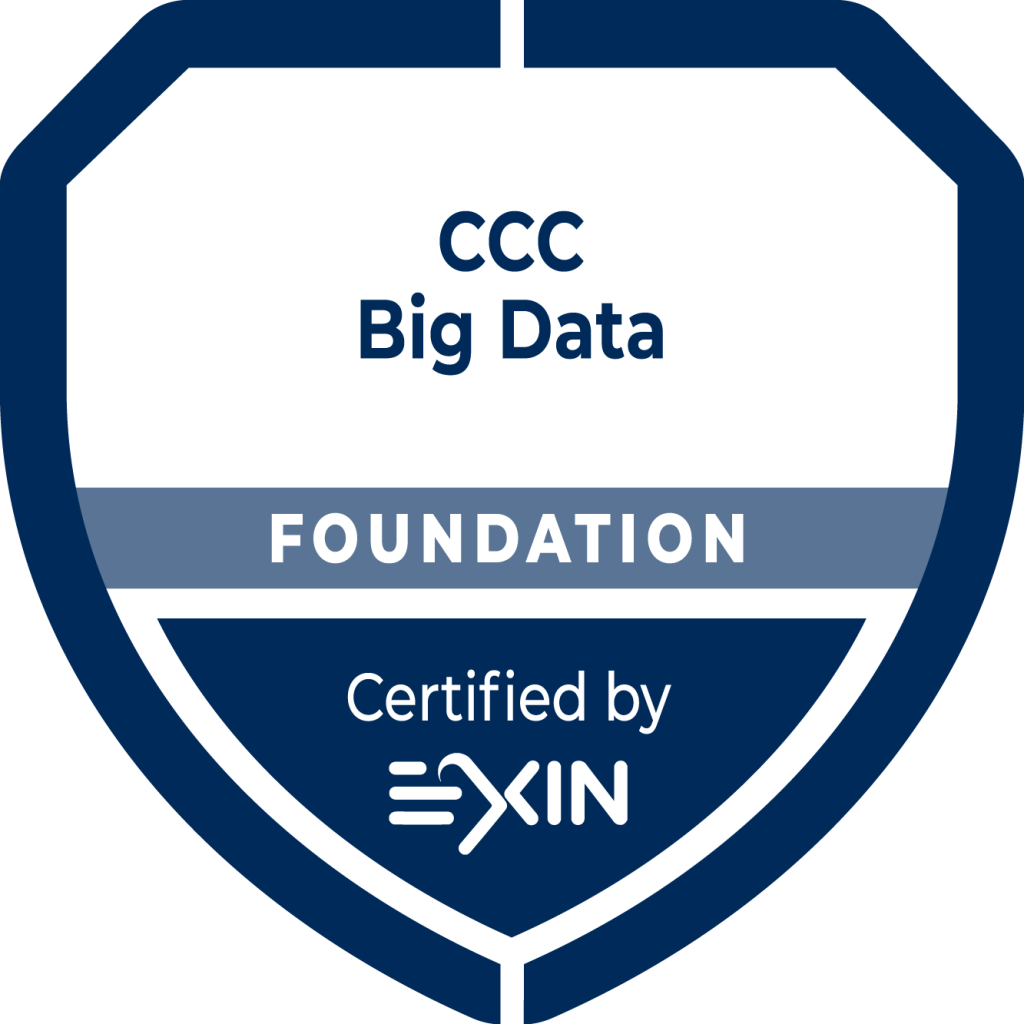Six Sigma Certification
3850 Learners 4352 Ratings
Six Sigma is a disciplined, data-driven approach or methodology to project management that eliminates defects in any process. It drives towards six standard deviations between the mean and the nearest specification limitation.
Six Sigma mostly measures quality of manufacturing output, but also quality of products and services. Companies that have applied Six Sigma and found success with the approach include big enterprises such as, Amazon, 3M, Boeing, Ford, GE, McKesson, Johnson Controls, GEICO and the US Army and Marines. While Six Sigma isn’t the standard across all aspects of these companies, it can be applied where needed and show positive results.
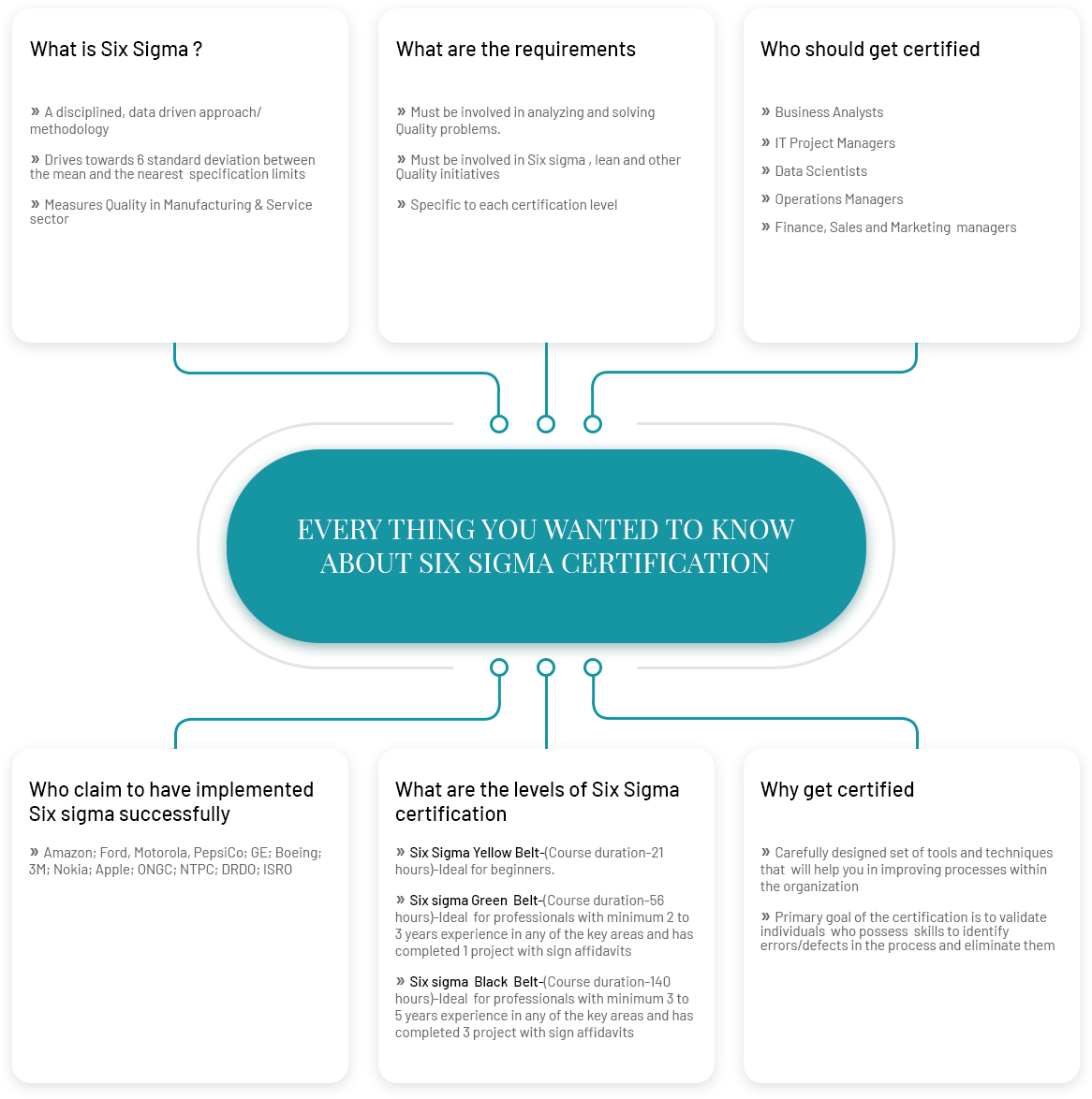
Training Calender
Six Sigma Certification Key Features
- With 100% Passing Assurance
- Globally Accepted Certification
- Hands-On Lab Based Training
- Real-time Industry Scenarios
- Interactive Training Sessions
- 12000+ Professionals Certified
Skills Covered
- Fundamental of Six Sigma
- Statistical Analysis
- Mangerial Analysis ...
- T-Test, Z test, ANOVA
- Case Studies
- Designation
- Annual Salary Packages
- Hiring Companies
Source: Glassdoor



Source: Indeed
Source: Glassdoor



Source: Indeed
Source: Glassdoor



Source: Indeed
Source: Glassdoor



Source: Indeed
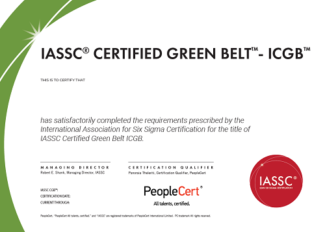

Why Qmansys
Royal Guidance for a Real Career Growth
Qmansys Provides a Royal Guidance for each and every professional. Cutting Edge Curriculam designed under the observation of Industry and Academy Experts to match the standards demanded in thre industry.
Experience the Real World problems with Practical Examples
Only theory ? no we don’t believe in this. Our course is designed in a way that most of the real world problems are discussed there and solution to them is also provided alongside. This helps a candidate to gain sufficient practical knowledge to tackle all the challenges thrown at him.
Learn from the Top Industry Expert
Our trainers are CXO Level experts, with minimum 20-25 years of experience. They not only provide the training but also guides the candidate to get a better job and a high flying career boost.
End to End guidance for Life
We in Qmansys believe a professional is here not only to complete any training and Certification, but we believe he is a part of our Qmansys Family and we continue to give him/her the support for the betterment of his/her career. Even after the training Continuous Career Counseling and Monitoring is done by our Experts to make sure the Professionals get the right taste of success in their Career.
Six Sigma is a disciplined, data-driven approach or methodology to project management that eliminates defects in any process. It drives towards six standard deviations between the mean and the nearest specification limitation.
Six Sigma mostly measures quality of manufacturing output, but also quality of products and services. Companies that have applied Six Sigma and found success with the approach include big enterprises such as, Amazon, 3M, Boeing, Ford, GE, McKesson, Johnson Controls, GEICO and the US Army and Marines. While Six Sigma isn’t the standard across all aspects of these companies, it can be applied where needed and show positive results.
The five basic stages of Six Sigma are:
Define
Measure
Analyze
Improve
Control
If you want to get certified in Six Sigma, first you must have been involved in analyzing and solving quality issues. This means you have worked with Six Sigma, Lean project management, or any other quality-related projects.
These requirements also differ depending on the level of certification you’re seeking. Certification is offered by the International Association of Six Sigma, and there are three levels of certification.
Yellow Belt: The entry-level certification,
Green Belt: Requires three years’ experience in one of the areas mentioned above
Black Belt: The most advanced certification and can be achieved two ways, either with three years’ experience in one or more of the areas mentioned above, plus one complete project with signed affidavit; or two complete projects with affidavits.
Depending on the organization you work with that sponsors your Six Sigma certification, the process can take from one to three months to study and complete.
Companies invest in Six Sigma certification because it offers a designed set of tools and techniques that help improve the processes within an organization.
The primary goal of certification is to validate individuals who posses skills needed to identify errors in a process and eliminate them. If big, successful companies can profit from Six Sigma, so can you.
Pro-Tip: Before you get decide on whether or not you want to get a Six Sigma certification, take a moment to learn more about the Define, Measure, Analyze, Improve, Control (DMAIC) roadmap and Lean Six Sigma by reading this guide for project managers.

